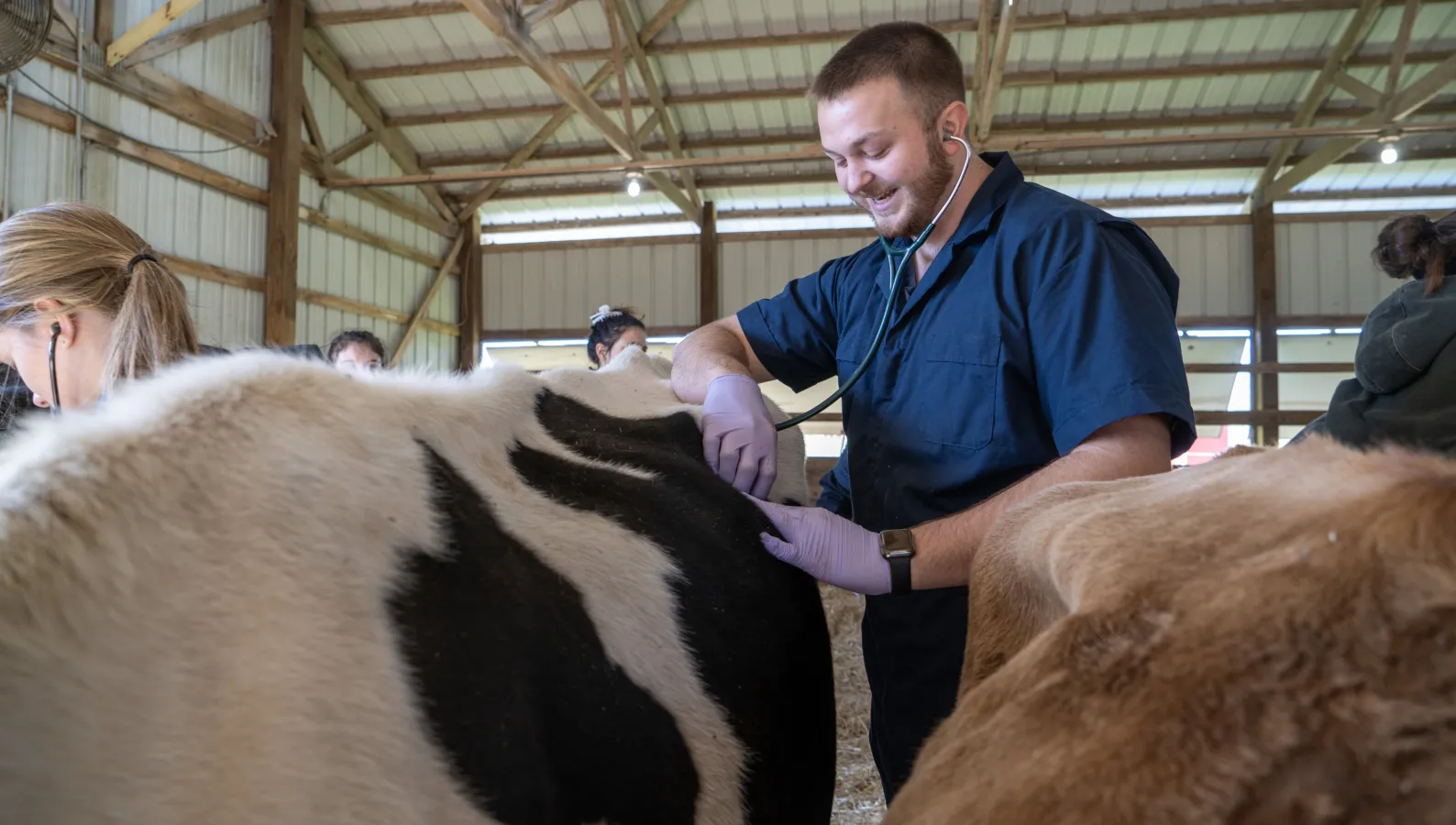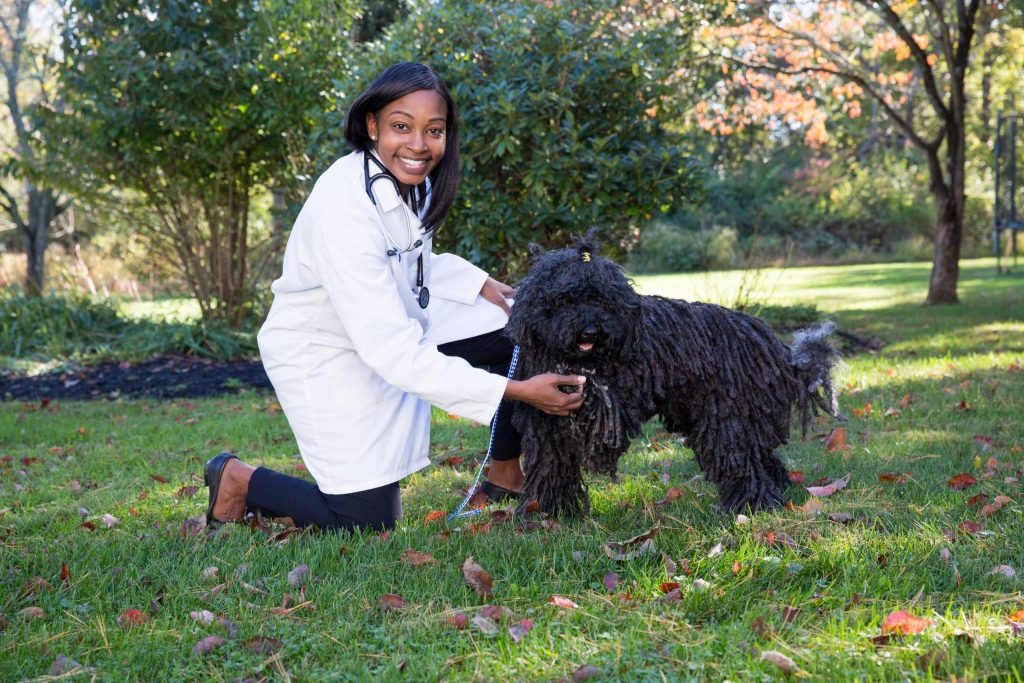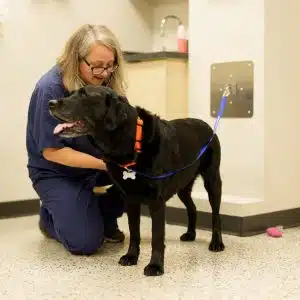The Significance of Early Discovery: Insights From a Vet Oncologist
Early detection of cancer in pets is an important topic for pet dog proprietors and veterinary specialists alike. Vet oncologists highlight the significance of recognizing subtle signs that might show major health concerns. Typical symptoms often go undetected until they intensify. Recognizing these very early indication and developments in diagnostic methods can make a significant distinction. What steps can family pet owners require to improve their pet dogs' possibilities of very early medical diagnosis and better therapy outcomes?
Recognizing Cancer in Family Pets: Common Kinds and Symptoms
While lots of pet proprietors might not recognize it, cancer cells is a significant wellness issue influencing animals, similar to it does in people. Usual sorts of cancer cells in pets consist of lymphoma, pole cell growths, osteosarcoma, and mammary tumors. These malignancies can show up in various methods, relying on their place and kind. Signs and symptoms typically consist of unexplained weight management, persistent throwing up, changes in hunger, or uncommon swellings and bumps. Pet dogs may likewise display lethargy, difficulty breathing, or hesitation to exercise, which can indicate underlying health problems. Early indications can be subtle, making it vital for animal owners to be observant of their family pets' behaviors and physical condition. Understanding these common types and associated symptoms can equip proprietors to seek vet treatment promptly, possibly causing earlier medical diagnosis and therapy options. Identifying the indicators of cancer cells in pet dogs is a vital step towards boosting their wellness and high quality of life.
The Role of Veterinary Oncologists in Early Detection
Veterinary oncologists play an essential duty in the very early discovery of cancer in family pets, as their specialized training furnishes them with the skills required to identify subtle indicators that might be forgotten by family doctors. They use a combination of medical competence and advanced diagnostic devices to examine individuals completely - Board Certified Veterinary Oncologist. By recognizing very early signs and risk factors, oncologists can lead family pet owners towards prompt interventions, raising the possibilities of successful therapy
Vet oncologists typically collaborate with basic specialists to create screening procedures tailored to certain types or age groups, boosting the efficiency of very early detection initiatives. They educate family pet owners on the relevance of routine exams and awareness of modifications in behavior or physical condition. Via these positive measures, veterinary oncologists greatly add to boosting end results for animals detected with cancer cells, emphasizing the essential nature of their role in vet medical care.
Breakthroughs in Diagnostic Techniques for Animal Cancer
Improvements in analysis methods have actually markedly enhanced the capability to discover cancer cells in family pets at earlier phases. Methods such as innovative imaging, consisting of MRI and CT scans, give detailed internal views, enabling vets to determine lumps that might not be apparent. Additionally, the advancement of minimally intrusive procedures, such as great needle aspirates and biopsies, makes it possible for exact sampling of tissues for histopathological examination with minimized anxiety for the animal.
Emerging molecular diagnostics, consisting of hereditary testing and biomarker identification, are transforming the landscape of vet oncology. These techniques can determine particular cancer kinds and forecast actions to treatment, helping with personalized care strategies. Additionally, improvements in lab techniques, such as fluid biopsies, are starting to provide non-invasive options for keeping an eye on growth progression and therapy efficiency. Jointly, these innovations stand for a substantial leap onward in veterinary medicine, highlighting the important function of very early discovery in improving results for family pets identified with cancer cells.
How Animal Owners Can Acknowledge Indication
How can animal owners end up being alert in identifying possible indication of cancer cells? Understanding of behavioral and physical adjustments in animals is crucial. Typical indications include uncommon sleepiness, loss of hunger, or page abrupt weight changes. Family pet owners must additionally take note of relentless throwing up or diarrhea, which might signal underlying problems.
Modifications in the skin, such as swellings, bumps, or sores that do not recover, call for prompt veterinary attention. Furthermore, proprietors should note adjustments in alcohol consumption habits, enhanced urination, or trouble in breathing. Unexplained limping or discomfort might additionally be indications of even more significant conditions.
Regular veterinary check-ups can assist recognize these indication early. By maintaining a close observation of their animals' wellness and actions, proprietors can play a vital duty in very early detection, potentially resulting in much better results must cancer cells be detected. Identifying these indicators might significantly influence an animal's lifestyle.
The Impact of Early Discovery on Treatment Outcomes
Early discovery of cancer cells in pet dogs plays an important duty in identifying treatment outcomes, as it frequently permits a bigger range of therapeutic options. When cancer cells is identified in its early stages, veterinarians can implement much less invasive treatments, raising the chance of effective treatment. Early-stage cancers might likewise react better to chemotherapy or radiation, bring about enhanced survival rates and total top quality of life for the family pet.
Furthermore, prompt medical diagnosis helps with a more customized therapy plan, straightening with the particular needs of the pet. This can consist of individualized medication routines or surgical treatments that are less hostile. On the other hand, late-stage discovery commonly causes restricted alternatives, more aggressive treatments, and poorer diagnoses. Subsequently, the relevance of early discovery can not be overstated; it essentially modifies the trajectory of treatment, making it critical for family pet owners to stay vigilant for any type of indications of ailment in their cherished friends.
Often Asked Inquiries

Just How Can Diet Plan Influence Cancer Risk in Pet Dogs?
Diet plan considerably affects cancer danger in pets, as particular nutrients and food types can either prevent or advertise tumor development. A balanced, nutrient-rich diet plan might help in reducing the possibility of creating cancer in pets.
Are Particular Breeds A Lot More Prone to Cancer?
Specific pet breeds, such as Golden Retrievers and Fighters, show higher cancer cells susceptibility because of hereditary proneness. Some feline breeds also show boosted cancer cells risks, highlighting the significance of breed-specific wellness awareness among animal proprietors.

What Are the Expenses Related To Very Early Cancer Cells Detection?
The prices related to very early cancer discovery can vary substantially, including analysis tests, appointments, and prospective therapies - Veterinary Oncology Services. Purchasing these services usually results in far better health results, ultimately saving money on more comprehensive future clinical costs
Can Vaccines Stop Cancer Cells in Pets?


Injections might reduce the danger of particular cancers in pet dogs, particularly those connected to viral infections. Their performance varies, and family pet proprietors must speak with veterinarians for customized recommendations concerning vaccination and cancer cells prevention methods.
How Commonly Should Family Pets Be Screened for Cancer cells?
Animals should More Bonuses usually be evaluated for cancer annually, especially as they mature or if they exhibit risk factors. Normal veterinary check-ups can aid recognize potential problems early, enhancing treatment results and general wellness administration.
Early discovery of cancer in animals is an important topic for animal owners and veterinary specialists alike. Early indications can be refined, making it important for animal owners to be watchful of their pet dogs' actions and physical problem. Veterinary oncologists play an important role in the very early hop over to these guys discovery of cancer in animals, as their specialized training furnishes them with the skills required to recognize refined indications that may be overlooked by general specialists. By maintaining a close monitoring of their family pets' health and wellness and behavior, proprietors can play a vital duty in early detection, possibly leading to better end results should cancer cells be identified. Early detection of cancer cells in family pets plays a vital role in identifying treatment outcomes, as it commonly permits for a bigger variety of healing choices.